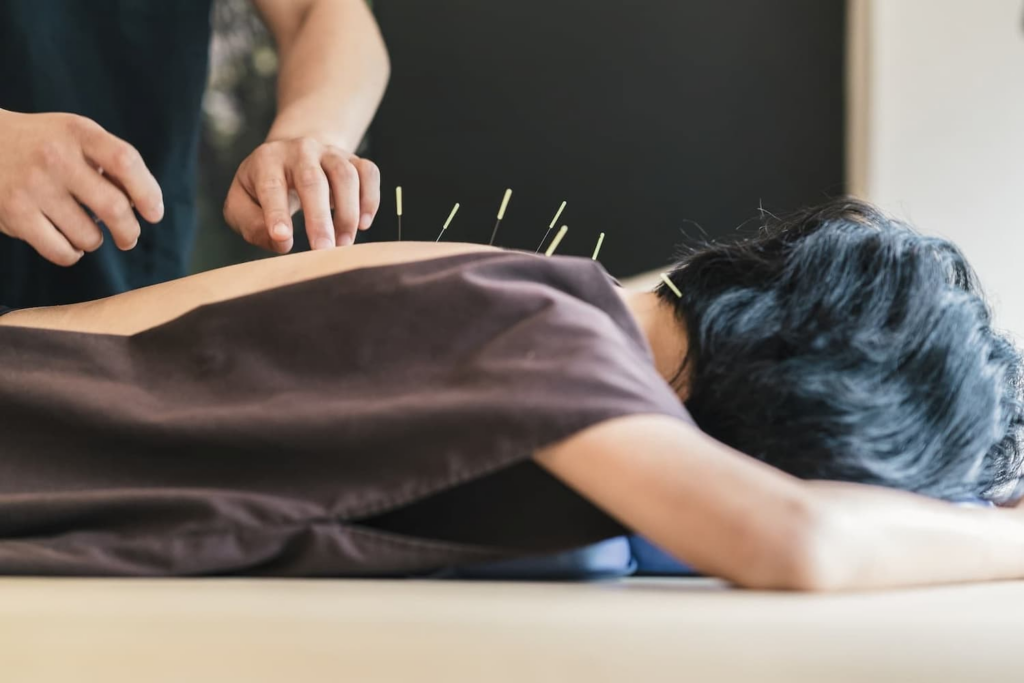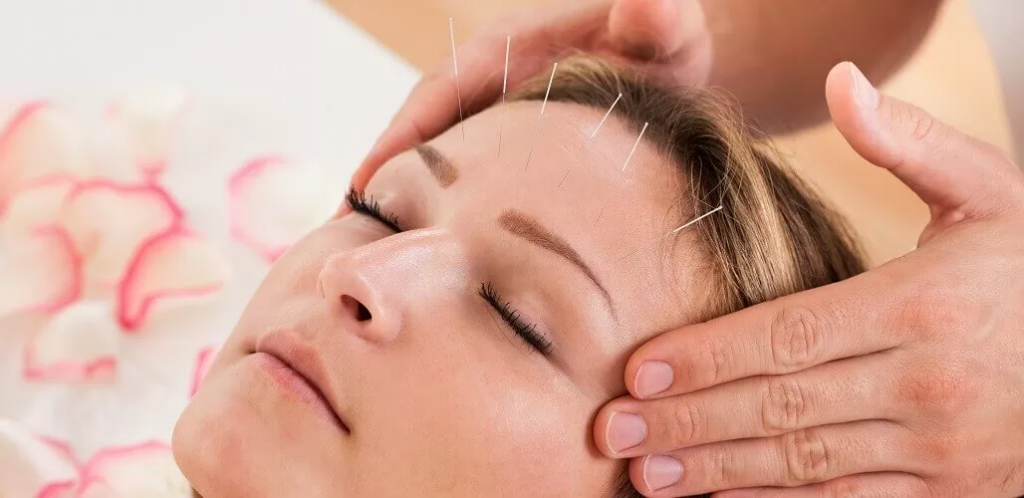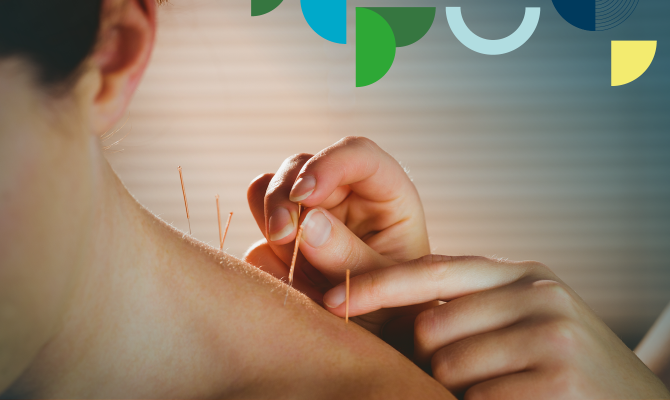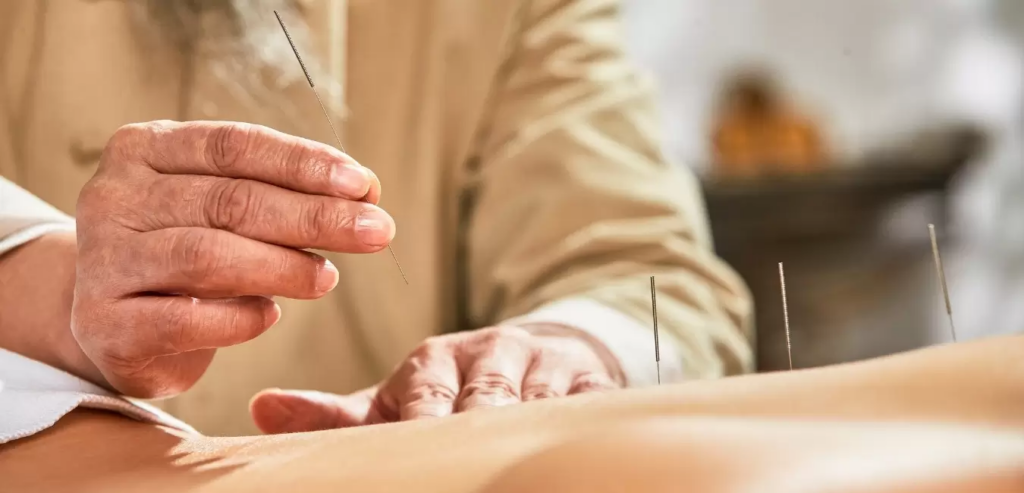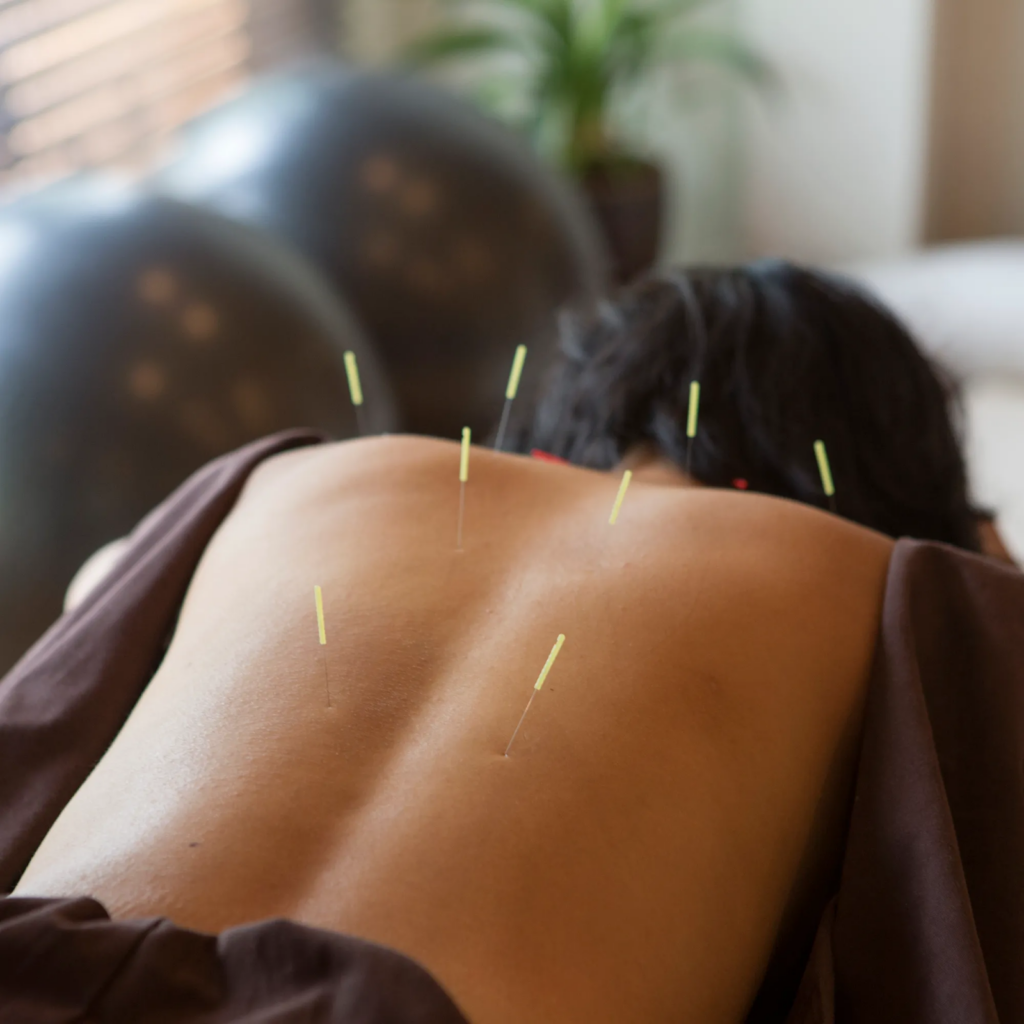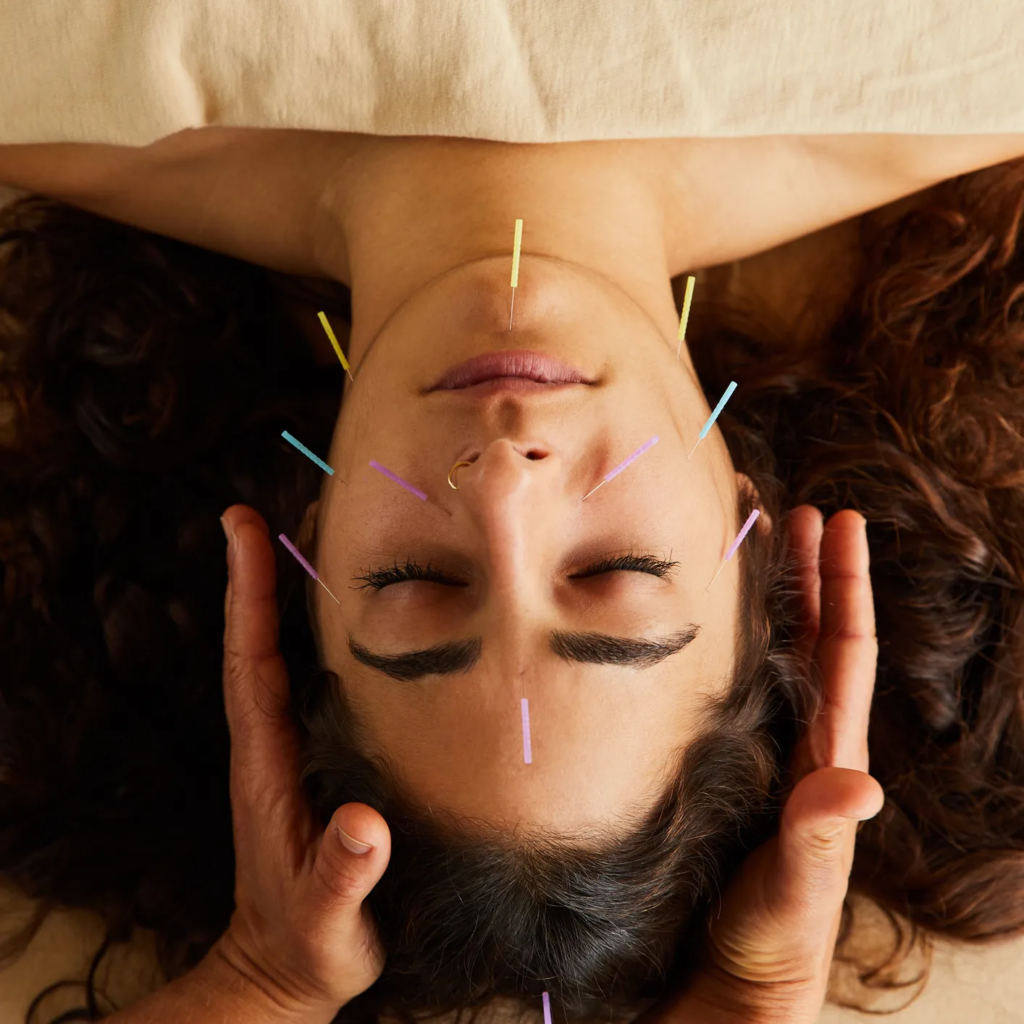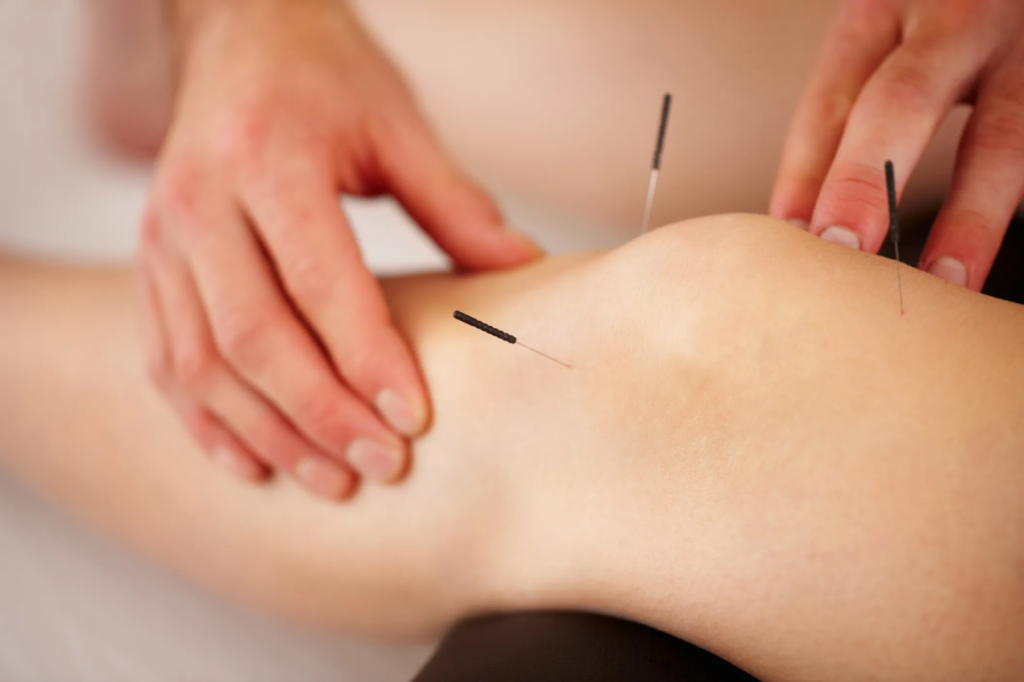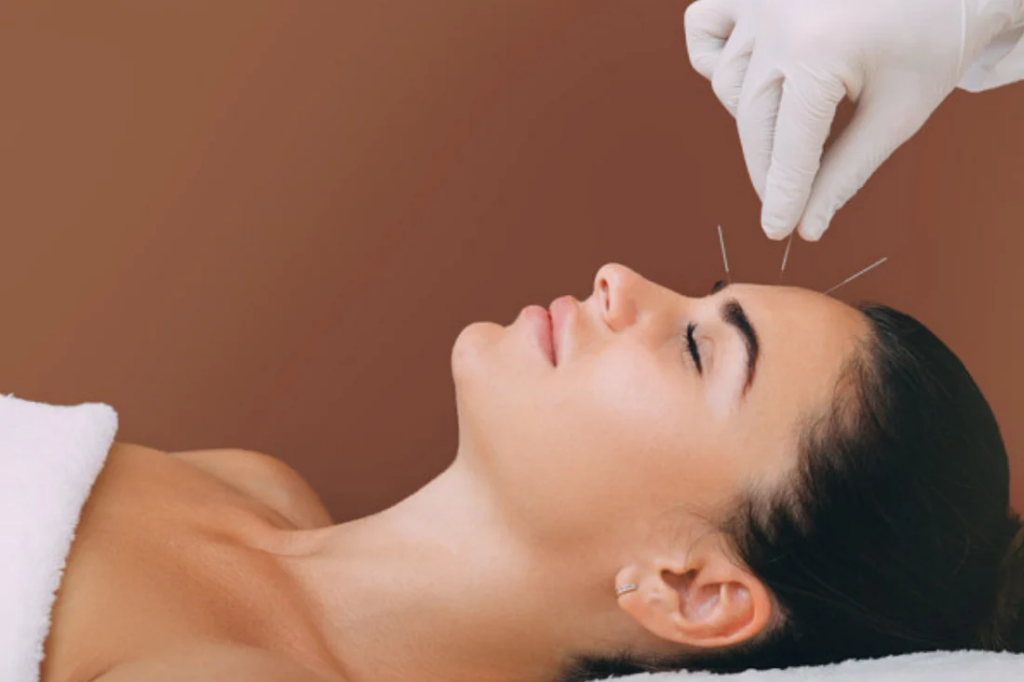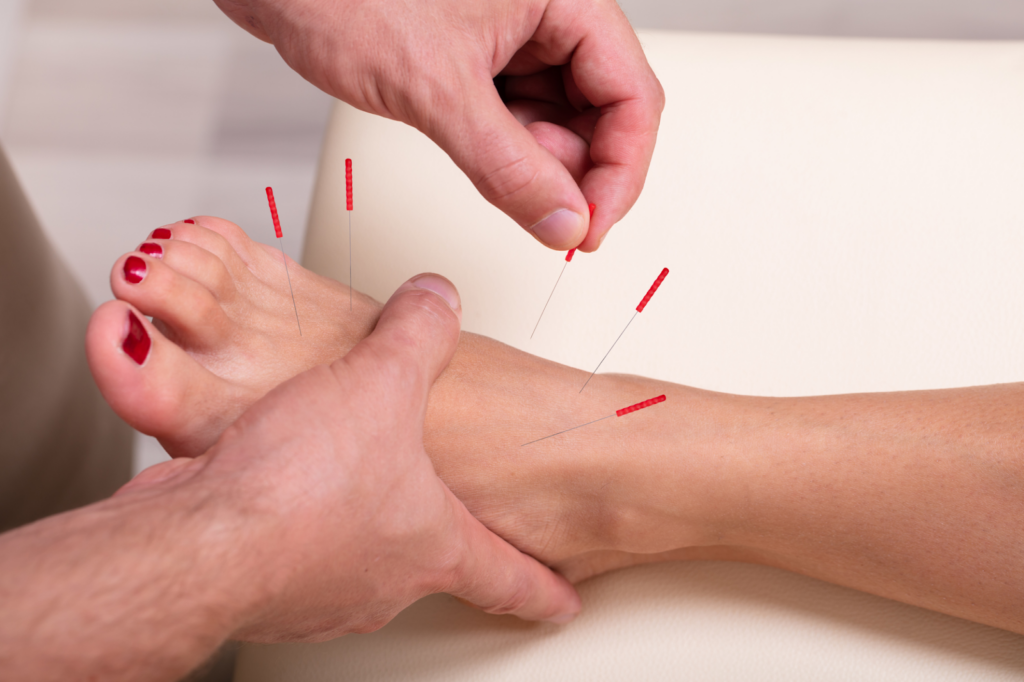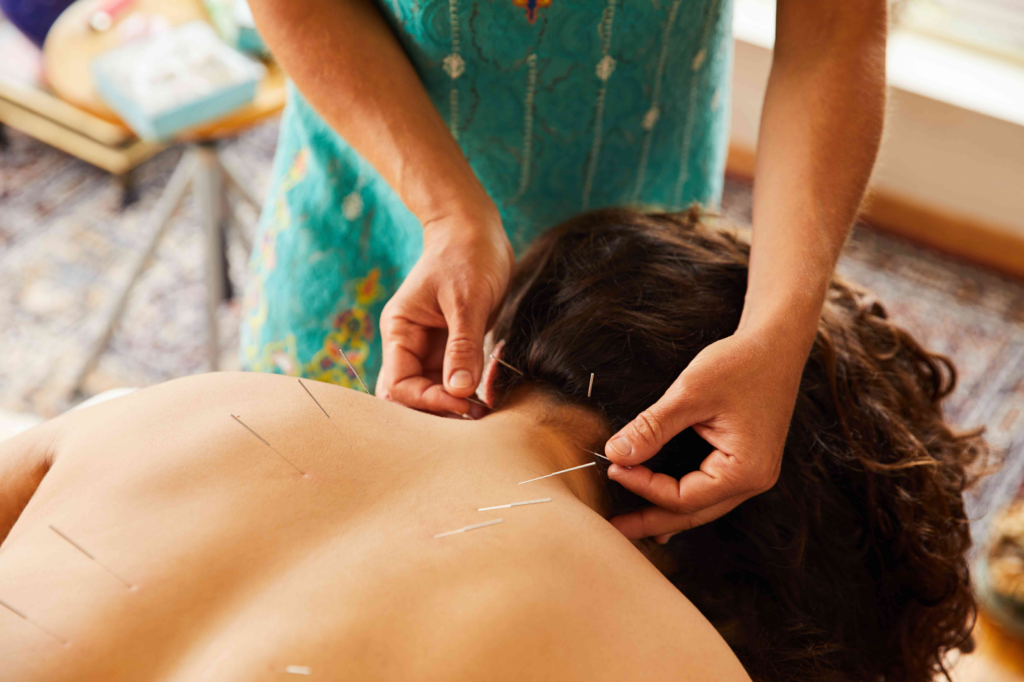Navigating Discomfort: Understanding Pain and Care After Acupuncture
Acupuncture is an ancient traditional Chinese medical practice that entails sticking thin needles into specific body points in order to balance the flow of energy, or Qi, as it is popularly known. This form of medical care has gained popularity for its effect on relieving various conditions, such as chronic pain and digestive disorders, through promoting natural healing and enhancing the normal functioning of the body. However, discomfort can arise after acupuncture treatment. So, why would a patient experience pain following acupuncture? This query captures many minds who want to utilize this treatment or consider using it. Let us now look at factors leading to this state. What are common causes of discomfort after acupuncture? Common causes of discomfort after acupuncture include mild soreness, bruising, or fatigue. These actions take place when the body responds to acupuncture that stimulates these points, and this triggers the healing process. Pain is experienced by muscles when there is a release of muscle tension, while bruising can occur in instances where needles are pricked near blood vessels. Fatigue results from redirection of energy and the body’s attempt to restore homeostasis. These signs indicate that acupuncture activates natural pathways towards healing that should go away after several days, hence effective treatment. How can you alleviate soreness after an acupuncture session? Alleviate soreness after acupuncture by applying a warm compress to affected areas. Heat is good for increasing blood flow and relaxing muscles, thus reducing tension and pain. Stretching reduces stiffness, whereas hydration assists in discharging harmful substances released during therapy. Adequate rest gives the body enough time to incorporate the effects of therapies. Avoidance of heavy exercises or strenuous activities supports recovery necessary for maximum therapeutic benefits associated with acupuncture and minimizes soreness effectively. Is it normal to feel tired after acupuncture? Yes, it is normal to feel tired after acupuncture as the body begins its healing process. This fatigue reveals how the body shifts its energy towards recovery and restoring balance. Therefore, it means that the treatment is appropriately recalibrating normal bodily functions leading to better healthiness. Acupuncture triggers endorphin release which causes relaxation hence temporary tiredness. Allowing oneself to rest after undergoing acupuncture sessions will enable one maximize on advantages since our bodies will be able to adapt naturally as well as heal themselves faster. What should you avoid after an acupuncture treatment? Avoid strenuous exercise, alcohol, and caffeine after acupuncture to allow the body to heal. The following activities and substances can hamper the relaxation and equilibrium reached in the course of a session. While alcohol and caffeine can lead to dehydration or energy imbalance, excessive exercise may make soreness worse. One needs to prioritize on drinking water and consuming nutritious foods that will facilitate detoxification process and recovery of the body as a whole. To help your body assimilate what was done to it during treatment and improve its therapeutic effect, gentle low impact activity like walking or light stretching will be helpful. How long does post-acupuncture soreness last? Post-acupuncture soreness typically lasts from a few hours to a couple of days. This mild discomfort is part of the body’s natural healing response to the therapy being provided; therefore, it is not a cause of alarm for patients. Soreness varies from person to person, depending on their sensitivity and what is being treated. If this soreness lasts longer than two days or becomes sharp, consult your acupuncturist. They will explain whether there is a need for any adjustments in your treatment plan or whether extra care should be taken into account. Successful communication enforces optimal ease during acupuncture. Can acupuncture cause bruising, and how to treat it? Yes, acupuncture can cause minor bruising due to needle insertion. Bruises appear when tiny blood vessels under the skin are broken during needle insertion, causing some discoloration and slight swelling. And this is not something serious; it may go away within days if one treats it well enough. A cold pack applied can reduce inflammation as well as minimize color change due to bruising. Arnica gel or cream might also work well here to facilitate the healing process. In case bruises do not disappear even after a period of time, and if they are accompanied by severe pain, reach out to your acupuncturist immediately so that any underlying conditions necessitating attention would be ruled out. What are the signs of an effective acupuncture session? Signs of an effective acupuncture session include relaxation, improved mood, and symptom relief. The body’s response to treatment may also be indicated by slight fatigue and dull aching. Good sessions often result in better sleep and general well-being. With regular acupuncture, there is an additive or cumulative effect whereby health is gradually strengthened for the long-term. When you see certain symptoms such as pain and anxiety being alleviated, then it means that the therapy is working on its root causes in the body leading to overall balance and healing with time. How does hydration impact post-acupuncture recovery? Hydration is crucial for post-acupuncture recovery as it supports detoxification and circulation. Drinking water will help eliminate the toxic substances released during treatment from your system and encourage nutrients to flow within your body. Properly hydrated, cells are able to function optimally, improving overall natural healing process of the entire human organism. It also helps decrease after-session fatigue and soreness thus improving integration of acupuncture’s effects. By keeping fluids at appropriate levels, you support efforts made by the body in regaining balance that leads to sustainable good health. Why is rest important after acupuncture treatment? Rest is important after acupuncture as it allows the body to process and integrate the treatment’s effects. Besides, healing and repair are supported by the body, which redirects energy; rest, on its part, minimizes both mental and physical stresses. The session will be more effective if you allow your body to fully benefit from it by taking time to relax. Rest enhances the regulation of bodily functions, leading to balance restoration, hence reducing post-treatment fatigue or discomfort

